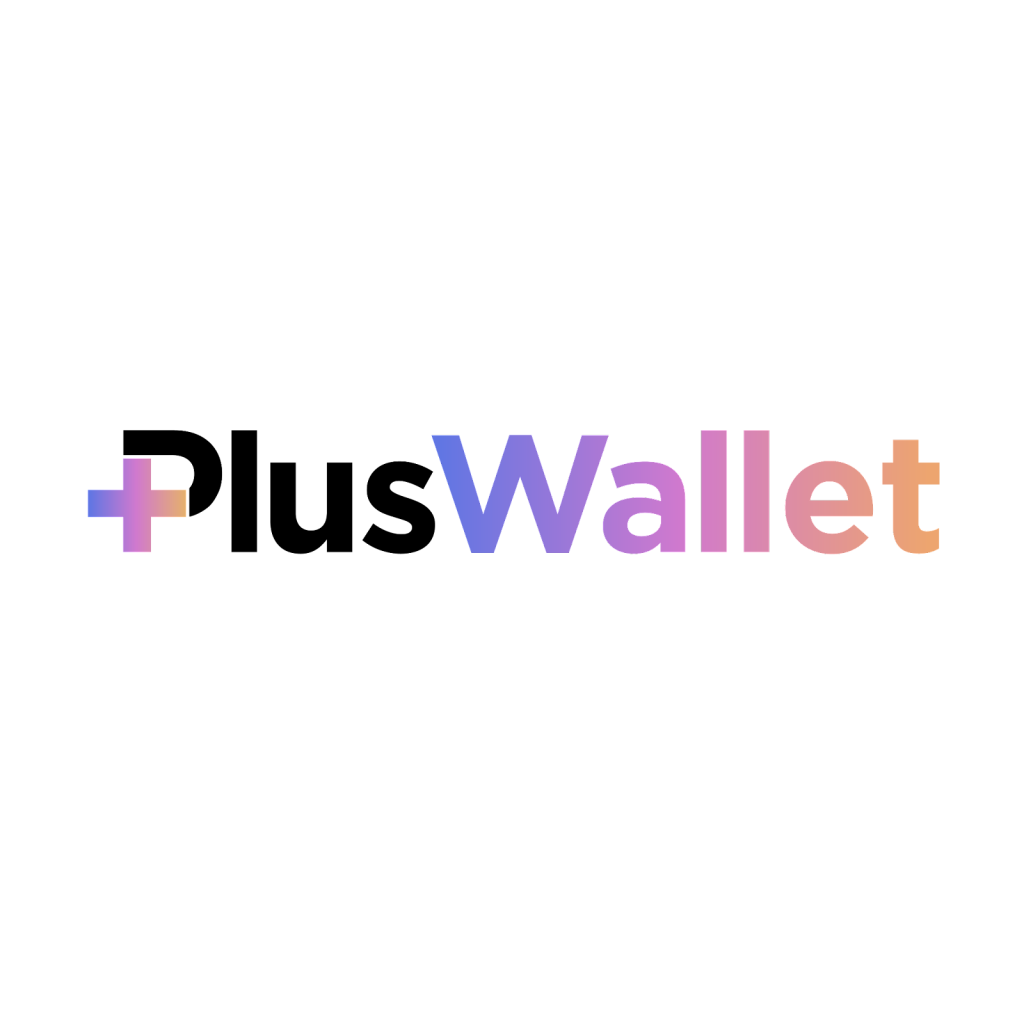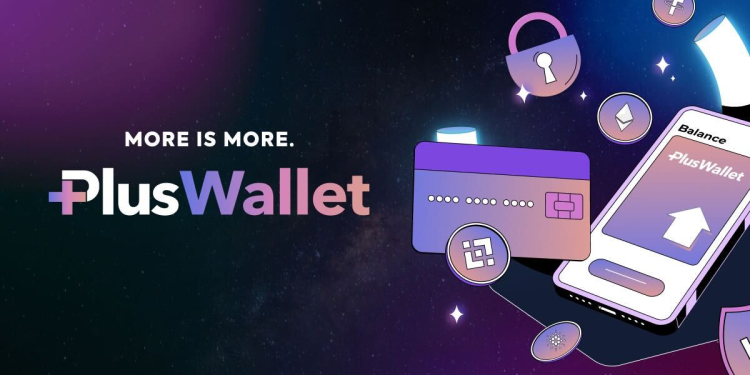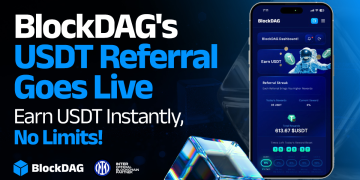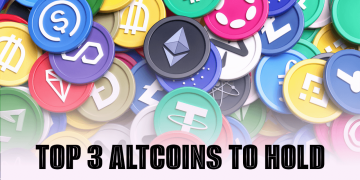As Bitcoin approaches its peak near $72,000, the buzz around potential profits from the ongoing cryptocurrency boom is palpable. For traders looking to capitalize on this surge, a robust, user-friendly, and efficient wallet is crucial—not just any wallet will do.
Traders require a wallet that not only provides vital features such as strong security and user-friendliness but also offers advanced functionalities like cross-chain interoperability. While several wallets boast various features, finding one that seamlessly integrates all these aspects remains a challenge.
We’ll review five top crypto wallets: Plus Wallet, Crypto.com DeFi Wallet, Phantom Wallet, Tonkeeper, and OKX Wallet—to help traders choose the most flexible and profitable option.
1. Plus Wallet: Seamlessly Secure with Rewarding Opportunities
Plus Wallet is a hybrid wallet available for both iOS and Android that caters to users across major blockchain networks including Binance, Ethereum, Bitcoin, Ripple, Polkadot, and TRON. Its straightforward mobile interface accommodates users of all experience levels, allowing efficient management of cryptocurrencies on the move. Plus Wallet’s standout feature is its cross-chain capability, enabling transactions across various networks without the need to switch wallets.

Security is a top priority with Plus Wallet; it encrypts and stores private keys locally on the device, ensuring that users—and only users—have access to their funds. Adding an extra layer of security, the wallet employs two-factor authentication to safeguard against device compromise.
What truly differentiates Plus Wallet is its potential for passive income. Users accumulate rewards with each transaction and through referrals, enhancing their earning potential without trade limits. This combination of simplicity, robust security, and bonus opportunities places Plus Wallet among the top choices for effective crypto asset management.
2. Crypto.com DeFi Wallet: Simplifying Decentralized Finance
Crypto.com’s DeFi Wallet is a non-custodial option that supports a range of cryptocurrencies and NFTs and comes equipped with staking, lending, and swapping capabilities. Its interface is tailored to simplify the management of DeFi assets.
Nonetheless, some limitations exist. All transactions being processed on-chain can lead to prolonged confirmation times. Moreover, those who value full decentralization might find it less appealing, as Crypto.com, a prominent cryptocurrency exchange, oversees various aspects of the wallet’s operations.
3. Phantom Wallet: Tailored for Solana Users
Designed initially for the Solana blockchain and now supporting Ethereum and Polygon, Phantom offers a user-friendly interface with quick access to popular Solana applications. This is particularly advantageous for NFT collectors and DeFi users within the Solana network.
Its support for multiple chains, however, is somewhat limited, potentially alienating those who handle diverse assets. While it includes a mobile app, the wallet is often preferred on a desktop. Additionally, being dependent on the Solana network means any disruptions there could impact the wallet’s functionality.
4. Tonkeeper: Your Entry to the TON Network
Tonkeeper, a non-custodial wallet dedicated to the TON blockchain, provides a secure and intuitive way to manage TON-based assets. It integrates smoothly with TON-based dApps, facilitating easy participation in the growing TON ecosystem.
Though it specializes in managing Toncoin and associated tokens, its focus on a single currency might deter those seeking a wallet that supports multiple cryptocurrencies. Moreover, the ongoing development of the TON ecosystem introduces uncertainties regarding its future expansion and interoperability with other platforms.
5. OKX Wallet: Versatility with Exchange Connectivity
OKX Wallet supports an extensive array of cryptocurrencies and integrates seamlessly with the OKX exchange, offering features like staking and easy access to DeFi services. The wallet’s appeal lies in its asset diversity and straightforward integration with trading features.
But as a centralized wallet, it presents certain risks, such as vulnerability to significant data breaches which could compromise user assets. Users also lack complete control over their private keys, with security dependent on the exchange.
The Ideal Wallet: Assessing Your Options
Each wallet offers unique benefits. Phantom and Tonkeeper are optimal for users dedicated to specific networks, but may not be ideal for those requiring multi-chain capabilities.
In contrast, OKX and Crypto.com DeFi Wallet cater to users needing wide asset support, though this may involve some trade-offs regarding control and security due to their close ties with their respective exchanges.

Plus Wallet, meanwhile, provides an accessible platform that supports cross-chain transactions and facilitates income growth through user activities. Choosing the best wallet will depend on individual needs. In the dynamic world of cryptocurrency, the ideal wallet is one that balances flexibility, convenience, and security.























